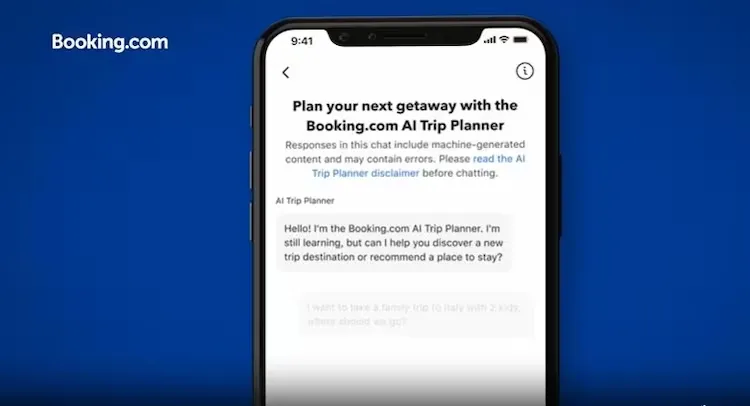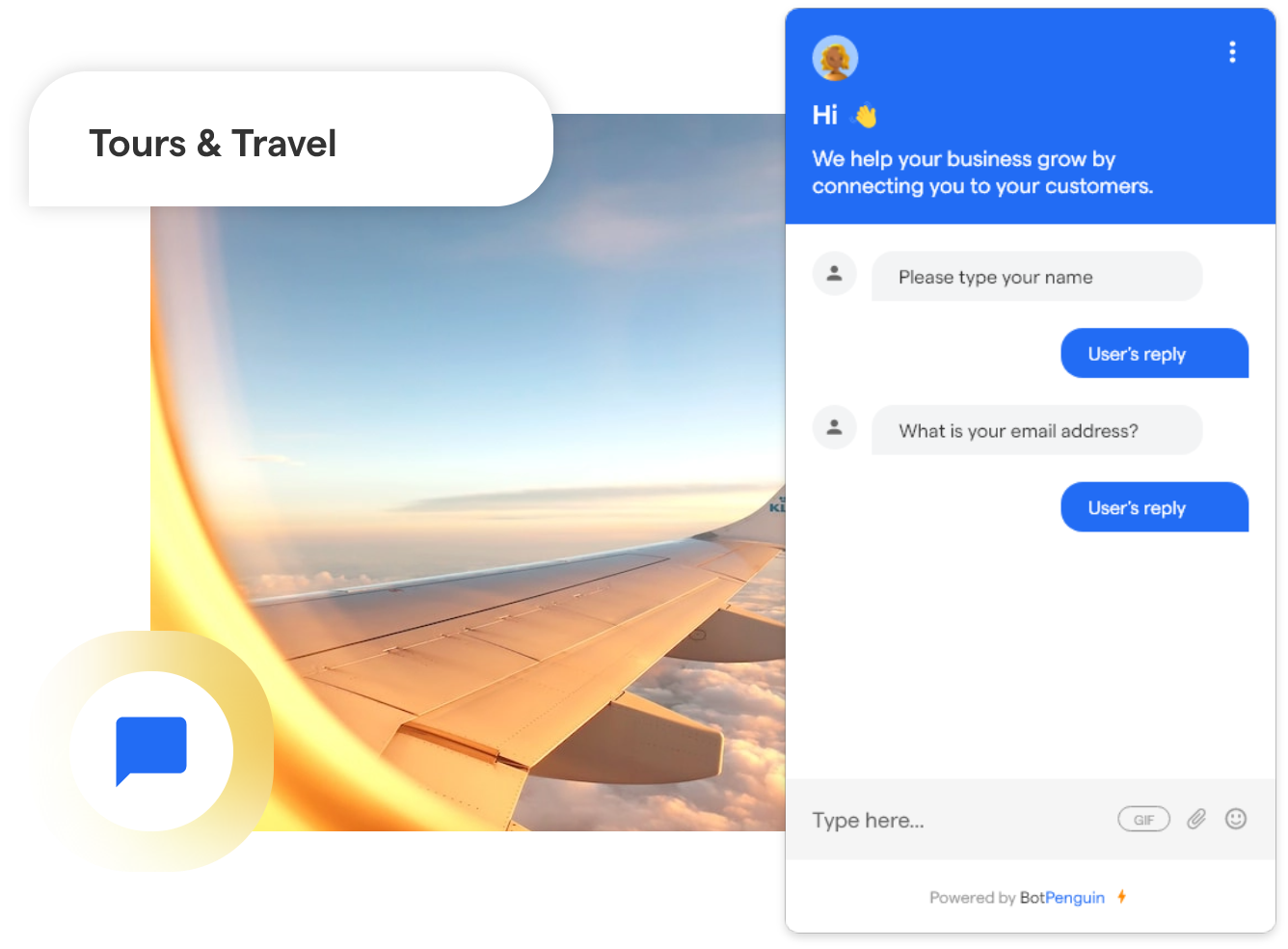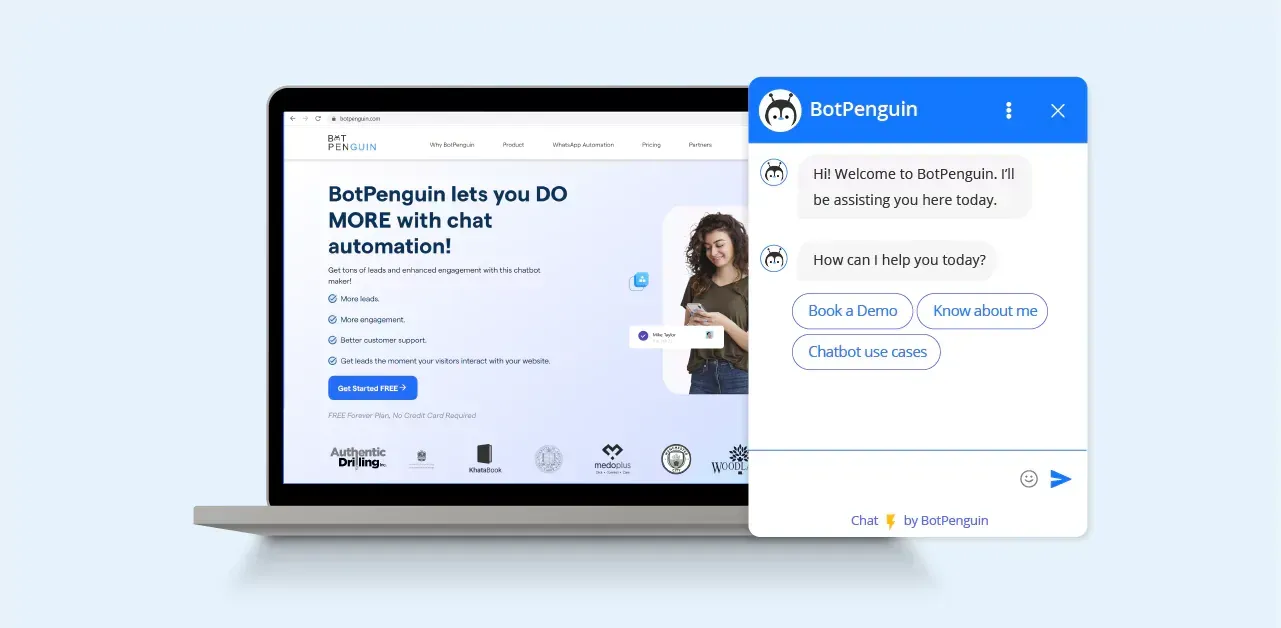What’s the buzz about generative AI in the travel industry? This emerging technology has been causing quite a stir lately, transforming everything from customer service to content creation.
According to Statista, over 50% of travel companies are already experimenting with generative AI, with adoption expected to surge in 2023.
But what exactly is generative AI, and why is it poised to disrupt travel?
In simple terms, generative AI can automatically produce unique, human-like content and insights without human input. Leading models like DALL-E 2, GPT-3, and Claude can generate images, text, code, and more within seconds.
For travelers, this means improved booking experiences through conversational AI. For airlines and hotels, it enables automated customer support at scale.
Generative AI can also craft dynamic marketing content and reveal impactful travel insights. With capabilities expanding rapidly, generative AI is gearing up to shape the future of travel.
But questions linger - how can businesses implement it responsibly?
What are the biggest opportunities and challenges? This article will explore the growing applications of generative AI across the travel sector.
What is Generative AI?
Generative AI is a branch of artificial intelligence that focuses on creating new and original content, such as images, videos, and even text. It uses complex algorithms to generate content that is realistic and authentic, almost as if it were created by humans themselves.
Generative AI models are trained on large datasets and learn to understand patterns and create new content based on that knowledge. These models can generate content that is unique, diverse, and tailored to specific needs and preferences. It's like having your own personal AI assistant that can create amazing travel experiences just for you!
How Generative AI is Transforming the Travel Industry
Let's explore some of the ways it is revolutionizing the way we plan, book, and experience our trips.
How Generative AI Helps in Understanding User Preferences
So, how does generative AI work its magic in understanding what we want? Well, it's all about analyzing data and finding patterns.
Generative AI algorithms are trained on vast amounts of data, including user preferences, browsing history, and past behaviors. By crunching those numbers, generative AI can create personalized profiles for each user.
But it doesn't stop there! Generative AI keeps learning and adapting based on your interactions. It evolves along with your preferences, ensuring that the recommendations it generates continue to hit the bullseye in terms of your travel desires.
Examples of Personalized Recommendation Systems in Travel
Alright, let's see generative AI in action with some real-world examples of personalized recommendation systems in the travel industry.
Booking.com
When it comes to personalized recommendations, Booking.com is a real heavyweight. Through the clever application of generative AI, Booking.com presents tailored options based on your search history, previous bookings, and preferences.
Whether it's suggesting similar accommodations to ones you've loved before or highlighting attractive deals in your favorite travel destinations, Booking.com knows how to keep travelers happily clicking that "Book Now" button.

Airbnb
Ah, Airbnb, is the go-to platform for unique and authentic travel experiences. With generative AI at its core, Airbnb provides travelers with personalized recommendations for accommodations and experiences.
By analyzing your past bookings, saved properties, and wishlists, Airbnb creates curated lists of potential stays that match your style and interests. It's like having an insider friend who knows all the hidden gems in every city you plan to visit.
Benefits of Personalized Recommendations for Travelers and Businesses
Let's explore the benefits they bring to both travelers and businesses.
For travelers, personalized recommendations save time and effort. Instead of scrolling through endless options that don't match your preferences, you're presented with choices that align with your travel style, budget, and interests.
On the flip side, businesses also enjoy significant benefits from personalized recommendations. By presenting travelers with tailored options, businesses can increase customer satisfaction, engagement, and loyalty.
When travelers feel understood and provided with options that cater to their desires, they are more likely to choose and recommend those businesses in the future.
Travel Chatbots for Customer Service
Now, let's switch gears and talk about another cool application of generative AI in the travel industry: travel chatbots for customer service. These friendly virtual assistants have become a common sight on travel websites and social media platforms, and they owe their intelligence to generative AI.
The Role of Generative AI in Travel Chatbot Technology
Travel chatbots are like your digital customer service representatives, ready to answer your questions and provide assistance any time of the day. Generative AI brings these chatbots to life by allowing them to understand and respond to human language naturally and conversationally.

Advantages of Using Chatbots in the Travel Industry
Using chatbots in the travel industry offers a host of benefits for both businesses and travelers:
24/7 Availability: Chatbots never sleep! They provide instant and round-the-clock assistance, which is especially valuable for travelers who may have urgent questions or need support outside of regular business hours.
Efficient Customer Support: With chatbots, businesses can handle multiple conversations simultaneously, providing quick responses and minimizing wait times.
Cost Savings: Instead of hiring and training a large team of customer support agents, businesses can rely on chatbots to handle many common inquiries.
And taking your first step toward chatbot integration isn't that tough. Meet BotPenguin the home of chatbot solutions. With all the heavy work of chatbot development already done for you, move forward to setting up a top-notch chatbot for your business with features like:
- Marketing Automation
- WhatsApp Automation
- Customer Support
- Lead Generation
- Facebook Automation
- Appointment Booking

Real-Life Examples of Chatbots Improving Customer Service in Travel
Chatbots are making their mark in the travel industry, and here are some examples of how they're taking customer service to the next level:
BotPenguin’s Travel Chatbots
BotPenguin uses sophisticated natural language processing and machine learning algorithms. BotPenguin travel chatbots can interpret user queries, analyze context, and generate relevant and helpful responses.
By tapping BotPenguin's expertise in generative AI for travel, companies can increase conversions, unlock growth opportunities, and shape the future of conversational commerce.
KLM's BlueBot
KLM, the Royal Dutch Airlines, has an impressive chatbot named BlueBot. This AI-powered helper assists travelers with booking flights, getting flight updates, and answering their travel-related questions.
Expedia's Facebook Messenger Chatbot
Expedia's chatbot on Facebook Messenger provides personalized travel recommendations, helps with booking flights and accommodations, and even assists with changes to existing bookings.
Suggested Reading:
Content Generation: Automating Travel Content with Generative AI
In this section, we’ll see the ways AI is transforming the travel content creation game, improving customer engagement, and boosting conversion rates.
How Generative AI Tools Automate Content Creation for Travel Platforms
AI tools can tirelessly craft captivating hotel descriptions, travel itineraries, and more, just for your travel platform.
To give you a taste of the exciting possibilities of content generation in travel, let's explore some examples of how generative AI tools are being used:
Hotel Descriptions
Writing compelling and accurate hotel descriptions can be a time-consuming task. But with generative AI, travel platforms can generate unique and enticing hotel descriptions by analyzing factors such as amenities, location, and customer reviews.
It's like having an AI-powered wordsmith crafting persuasive descriptions that lure in potential guests!
Travel Itineraries
Planning an itinerary that showcases the best attractions and experiences in a destination requires extensive research and creativity.
Luckily, generative AI can generate personalized travel itineraries by evaluating various factors like time constraints and traveler preferences. Say goodbye to hours of planning and hello to expertly curated travel plans!
The Impact of AI-Generated Content on Customer Engagement and Conversion Rates
Now that we've explored how content generation with generative AI works, let's delve into its impact on customer engagement and conversion rates.
AI-generated content is like a magnet that attracts and captivates travelers, making them more likely to explore further and take action.
When travel platforms provide personalized and high-quality content, travelers feel like their needs and interests are understood and catered to.
This leads to increased engagement as users spend more time on the platform, browsing through enticing hotel descriptions and captivating itineraries.
When users are engaged, they are more likely to convert into paying customers. It's a win-win situation!
Future Applications and Challenges
Now, let's fast forward to the future and take a sneak peek into the untapped potential of generative AI in the travel industry.
Exploring the Untapped Potential of Generative AI in Travel
Generative AI has the potential to transform various aspects of the travel industry beyond content generation.
Imagine AI-powered virtual travel assistants that can plan your entire trip based on your preferences and budget, or AI-driven voice assistants that provide personalized recommendations on the go. The possibilities are as infinite as the destinations waiting to be explored!
With generative AI, businesses can also gain valuable insights into customer preferences, allowing them to offer highly personalized services and experiences.
From personalized recommendations for accommodations and activities to customized travel packages, generative AI opens up a world of possibilities for travelers and businesses alike.
Ethical Considerations and Privacy Concerns with AI-Generated Recommendations
As with any technological advancements, there are ethical considerations and privacy concerns that need to be addressed.
AI-generated recommendations rely heavily on user data, which raises questions about data privacy and security. It's essential for travel platforms to be transparent with users about how their data is used and to implement robust security measures to protect sensitive information.
Finding the right balance between AI-generated recommendations and human expertise is crucial to ensure that travelers receive the best possible guidance and support.
Overcoming Challenges for Wider Adoption of Generative AI in the Travel Industry
While the potential of generative AI in the travel industry is undeniable, there are challenges to overcome for wider adoption.
One of the main challenges is the need for continued advancements in AI technology to improve the accuracy and quality of generated content. As AI algorithms become more sophisticated and better trained, the content generated will become even more refined and tailored to individual preferences.
Another challenge is the need for travel platforms to adapt their workflows and processes to integrate generative AI seamlessly. This includes integrating AI tools with existing systems, training staff to work alongside AI-generated content, and continuously monitoring and refining the AI algorithms to ensure optimal performance.
Conclusion
In closing, generative AI is truly transforming the travel industry by improving experiences for travelers and empowering businesses. Its unprecedented creative abilities allow for hyper-personalized marketing, enhanced customer support, and more.
However, risks around data privacy, bias, and misinformation exist. Travel companies must implement generative AI ethically and strategically. Overall, blending AI creatively with human oversight unlocks immense opportunities to delight customers, work smarter, and drive growth.
One innovative company leading the way is BotPenguin. Their AI-powered travel chatbot enables 24/7 customer engagement for travel businesses. It can respond to inquiries instantly, qualify leads, recommend trips, and handle bookings.
BotPenguin's natural language processing allows travelers to ask questions conversationally and get highly relevant answers. The chatbot leverages machine learning to improve continuously with every interaction. This results in hyper-personalized experiences that build loyalty and trust.
As generative AI rapidly evolves, BotPenguin focuses on responsible usage. Their rigorous testing and monitoring ensure travel chatbots act ethically and align with brand values.
The possibilities for improving guest experiences and operations are truly endless!
Frequently Asked Questions (FAQs)
What is generative AI in travel, and how does it work?
Generative AI in travel refers to the use of artificial intelligence systems that can create content, make recommendations, and assist travelers. It operates by processing vast amounts of data to generate human-like text, images, and more, enhancing the overall travel experience.
What are the key applications of generative AI in the travel industry?
Generative AI is utilized in travel for various purposes, including personalized trip planning, chatbots for customer support, content generation, and even language translation, significantly improving customer satisfaction and efficiency.
Can generative AI assist in real-time language translation for travelers?
Indeed, generative AI-powered translation tools are becoming essential for travelers. It enables them to communicate with locals seamlessly and navigate foreign countries more effectively.
How can travel businesses stay updated with the latest generative AI trends?
Staying informed involves following industry publications, attending AI conferences, and collaborating with AI solution providers to implement the latest technologies effectively and improve the overall travel experience.


